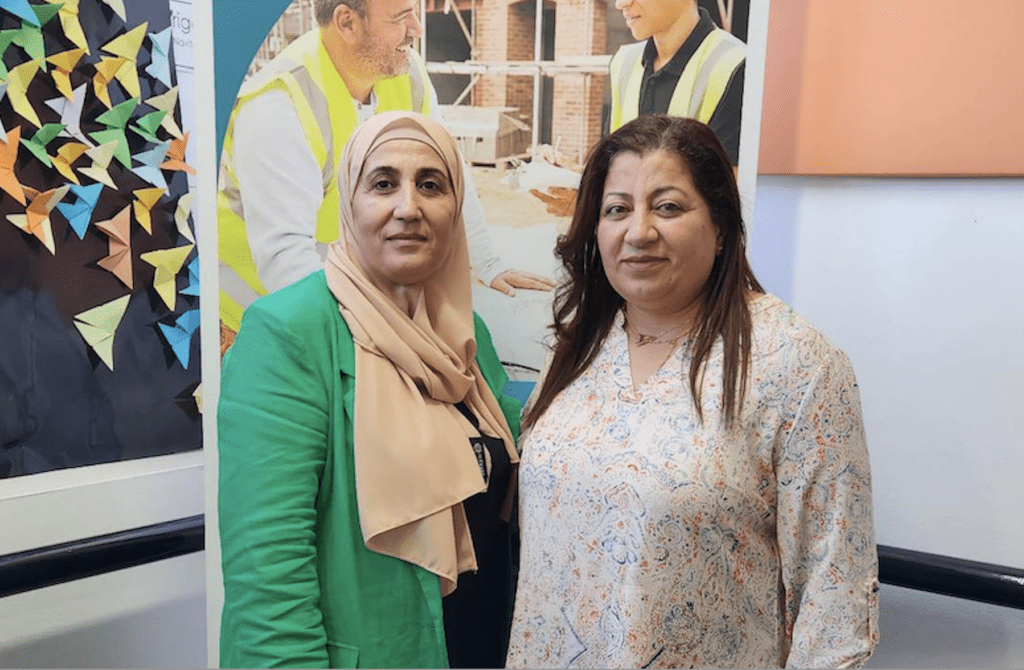New Humans of Australia: Gulshan
Teaching has always been my calling. All the women in my family are teachers. In my classroom, I help students who have endured unimaginable hardships because I have lived through the same things.
I was born in Kirkuk, Iraq, in 1967, a multicultural town where Arabs, Kurds, Turkmens, and Assyrians lived peacefully. My family is of Turkmen descent, and I learned both Arabic and Kurdish in Iraqi schools.
I grew up in a home with 12 people: my father, mother, eight siblings, and two grandmothers. My mum made sacrifices for her entire life. She brought up all of us at home and also worked as a Deputy Principal at a high school for 40 years. I learned everything about how to be a great teacher from my wonderful mum, and now one of my daughters is a teacher too, supporting young people with disabilities.

English for Citizenship trainer Gulshan (left) with student Afraa (right)
In primary school, I fell in love with the English language, encouraged by my teachers. After school, I moved away from my family to study English Literature in Mosul, living in dormitories with other women. People forget how progressive Iraq was back then. Things were different for women; we would wear modern clothing and were paid by the government to study. We had theatres just like in Europe – I even saw Macbeth!
Unfortunately, this changed after the start of the Iran-Iraq War in 1980, which lasted throughout my university years. It was a very harrowing time, with sirens going off all the time and jets flying overhead while we were at school. But we never stopped studying. We were not scared; we were passionate.
After university, I was sent to a remote part of Iraq called Alabbasi, which was much less progressive than Mosul or Kirkuk. People warned me when I arrived there that I should wear my headscarf, cover my arms and legs – but I refused to. At first, the boys in the high school class that I taught leered at me and called me names – it was very confronting – but I taught them that men and women were equal, and after some time, their attitude towards me changed to one of respect.
While I was in Alabbasi, the Gulf War started. We were warned that there might be chemical attacks, and every night we were told to prepare a bucket of water and a towel to cover our faces in case of an attack. I wasn’t allowed to leave Alabbasi until I got news that my father was dying. He used every contact he had to have me transferred home. I arrived 48 hours before he died.
Five days after my father’s death, the Iraqi uprising started, and my family was forced to flee on foot. We walked for two weeks with jets bombing over our heads, passing through towns being bombed and destroyed, until my mother decided we would stay and shelter in one place. She said, “We aren’t moving another step. If we must, we will die here.” We stayed in that place for two weeks, surviving by the grace of God. When the government finally allowed us to return, we found that everything had been destroyed, and harsh sanctions began. Life became unbearable—no food, no fuel, no basic provisions. One month’s salary couldn’t even buy a tin of tomato paste. Many people lost loved ones, but we were fortunate that our immediate family remained safe.
I look back on this time as one of the hardest of my life. Things became hard, especially for women. I used to watch movies in which people were travelling, using computers, and I yearned for the same experiences, but those things were forbidden in Iraq.
In 1997, a family friend introduced me to a man in Australia. I was 30, which is considered quite old in Iraqi culture, and I had previously decided I didn’t want to get married or have children in the situation that we were facing in Iraq. But the opportunity to move to Australia was a crack of light in the darkness. Though we spoke only twice on the phone, we married and I moved to Australia.
I arrived in July 1997, pregnant with our first daughter, and moved to Western Sydney. I had studied English for almost 20 years, but I couldn’t understand the speed and speech of the Australian accent! Ha! I made a decision to “turn off” my Turkmen while I was here and immerse myself in Australian English.
I had three daughters, and when my oldest daughter was a teenager in 2015, I enrolled in a Master’s in TESOL, which I completed in 18 months.

NSF trainer Gulshan teaching an English for Citizenship class
Just a few months later, I was offered a job at Navitas Skilled Futures, teaching English to migrants and refugees. I’ve been teaching here for 10 years, and I still love it. Like my mother, teaching is my calling.
I have had a huge number of students to support at NSF who have seen unimaginable things in Syria, Iraq, and Afghanistan. Students affected by terror and kidnappings, some who could not speak.
In my classroom, I give my students love. I let them know that they are wanted and safe, and that we’re all equal. I have seen so many settle amazingly, totally transformed.
I have just become a grandmother. My perfect little granddaughter is one month old! She’s a second-generation Aussie kid, but I will teach her all about her Turkmen culture and language. My wish for her is to live a life of happiness, with education and prosperity. I hope that she knows her culture and her background.
My greatest sorrow is being away from my mother. She is 84 now and has always been my greatest teacher. Now, as a teacher, I do everything I can to give my students a place of safety, comfort, and love, just like she did.
Gulshan
Iraq
Arrived July 1997

